Equity and gender equality at UICC
At UICC, issues of equity and gender equality in global health are embedded in the core functioning and vision of the organisation.
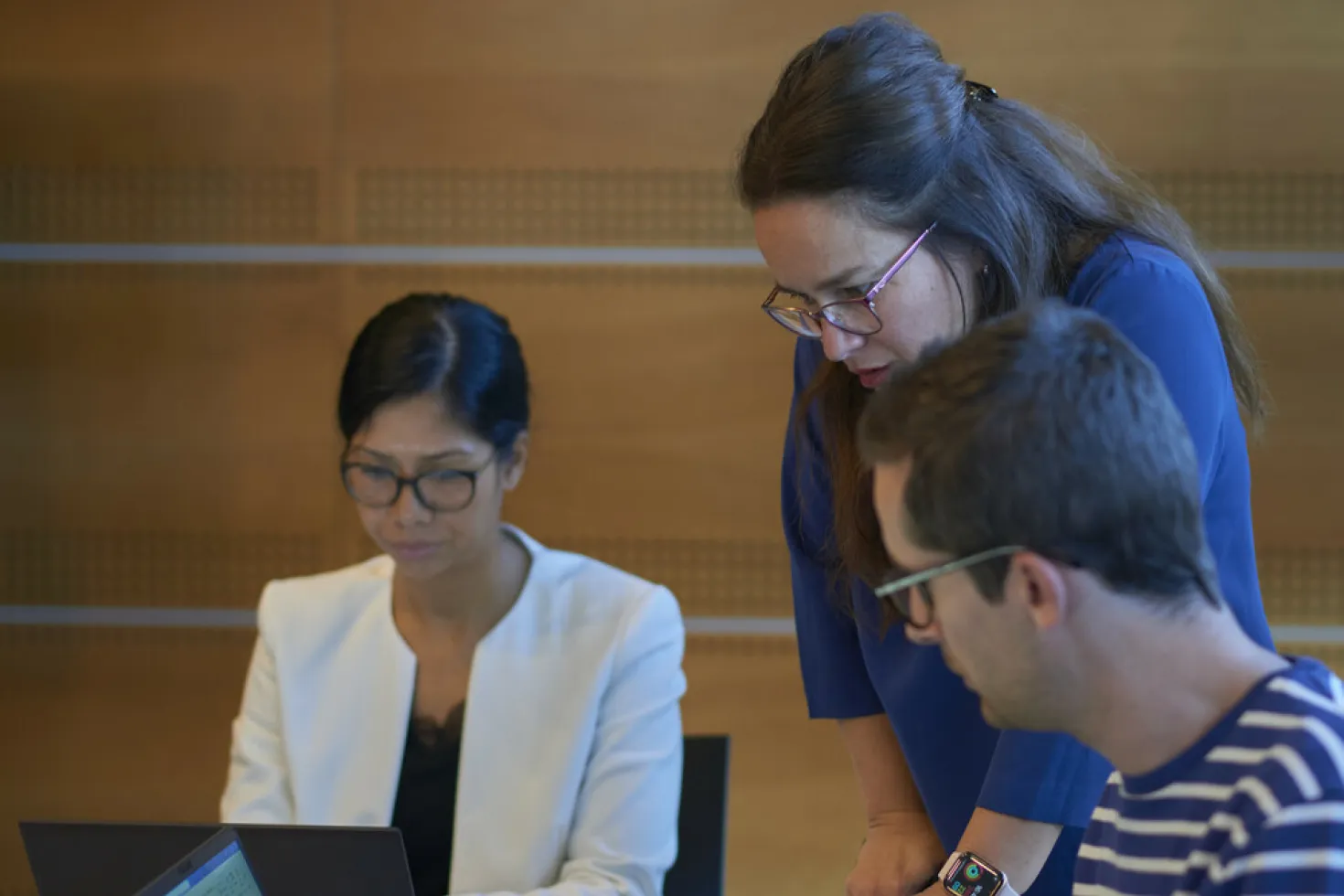
Gender balance in health care can directly influence the topics and issues that an organisation chooses to prioritise - and this has a measurable impact on how equally health benefits are received by all.
UICC considers not only issues of gender balance but also those of age, ethnicity, sexual orientation, geographical location, and educational and social backgrounds. A concern for social equity in cancer control is the red thread that runs through all of UICC’s projects and activities, its advocacy agenda, its member and partner relations and capacity building mission, the selection process for panel speakers at the World Cancer Congress and other events, as well as its organisational policies.
Concerned with all aspects of cancer control benefitting patients regardless of their gender, UICC’s advocacy takes a high-level and balanced approach across the cancer continuum, from prevention, early detection and diagnosis, to treatment and palliative care. It connects key global health agendas with the noncommunicable disease global action plan, the sustainable development goals and the push towards universal health care.
The organisation addresses the fact that girls and women, and especially girls in women in poor communities, are vulnerable and disadvantaged with regard to access to health information, prevention and care services, and experience poorer cancer outcomes. The global pattern of cervical cancer incidence and mortality, for instance, illustrates this disparity in access and outcomes between rich and poor more than any other, particularly as this is a preventable cancer.
UICC is partnering with WHO and other UN system partners to accelerate national action by 2030, aiming to scale up in all countries HPV vaccination and screening with high performance HPV-testing and treatment, including palliative care. This triple-intervention strategy has the potential to save up to 15 million lives in the coming decade alone.
In terms of internal processes, UICC is a longstanding equal opportunity employer located at the heart of International Geneva. It has to date seven women on its Board of 16 members, and men and women on the staff equally assume positions of leadership. UICC offers paid paternity leave and has long implemented policies addressing possible cases of harassment and discrimination.
UICC strives every day to place equity concerns at the forefront of its work, to ensure that everyone is included and benefits from the global fight against cancer.


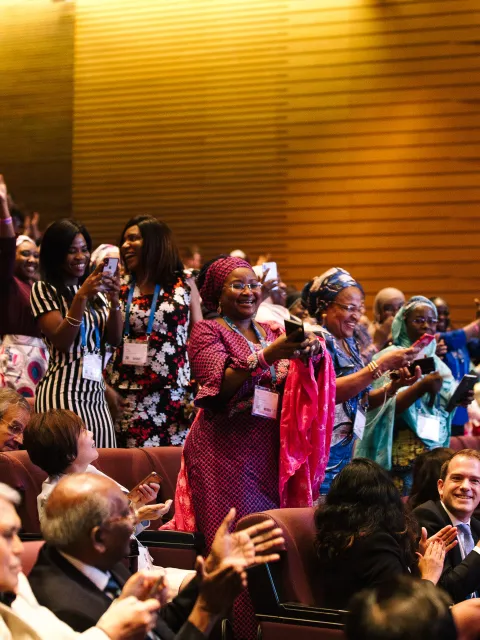
The Union for International Cancer Control (UICC) is the largest and oldest membership organisation aiming to reduce the global cancer burden. It is is the only global cancer organisation representing all cancer types, across the continuum of cancer care (prevention, early detection, treatment and care, palliative care).
About UICC
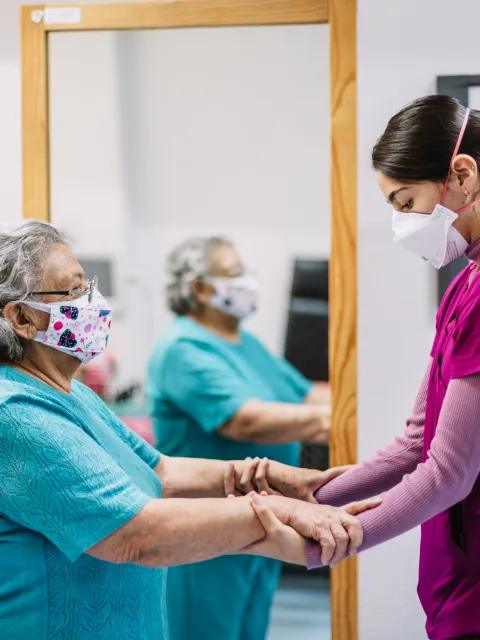
Cancer control aims to reduce the incidence, morbidity and mortality of cancer and to improve the quality of life of cancer patients in a defined population, through the systematic implementation of evidence-based interventions for prevention, early detection, diagnosis, treatment and supportive care.
What is cancer control?
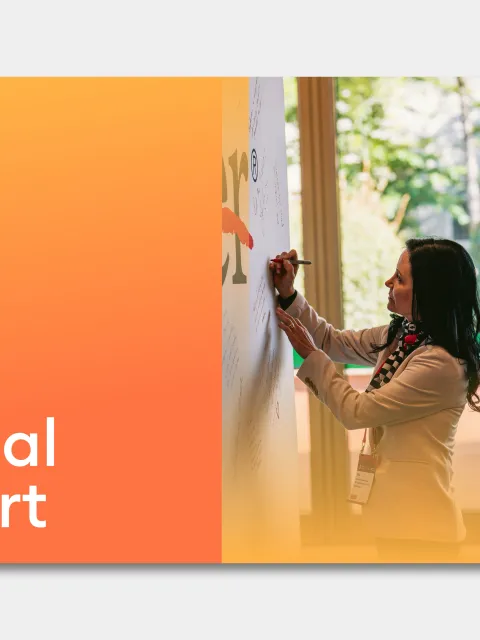
Find out more about UICC's activities by reading our annual reports.
Annual reports

The UICC team is composed of over 40 passionate individuals eager to make a difference in the global action on cancer.
Our team
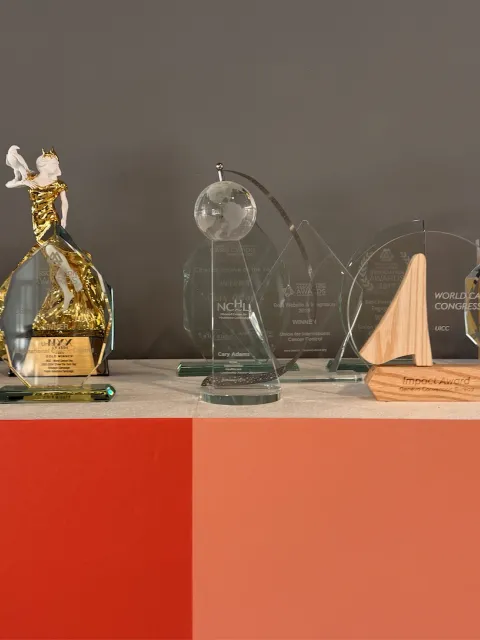
UICC has received or been shortlisted for a number of awards recognising its efforts in improving its various services to its members, partners and the general cancer community.
Recognition and awards
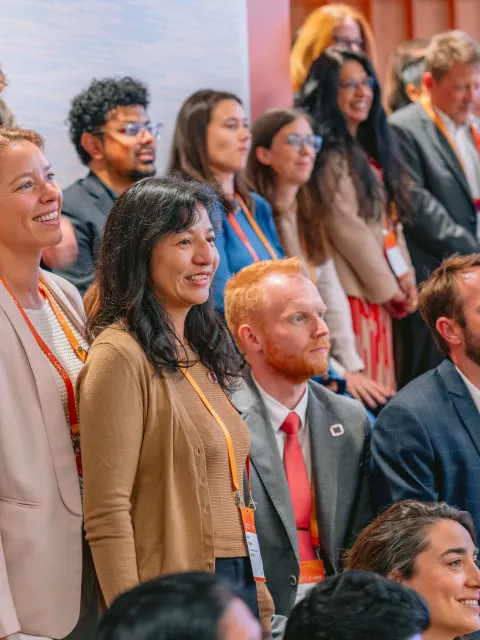
UICC reviews its long-term strategic ambitions every four years. It maps out the implementation through a rolling Business Plan.
UICC's roadmap
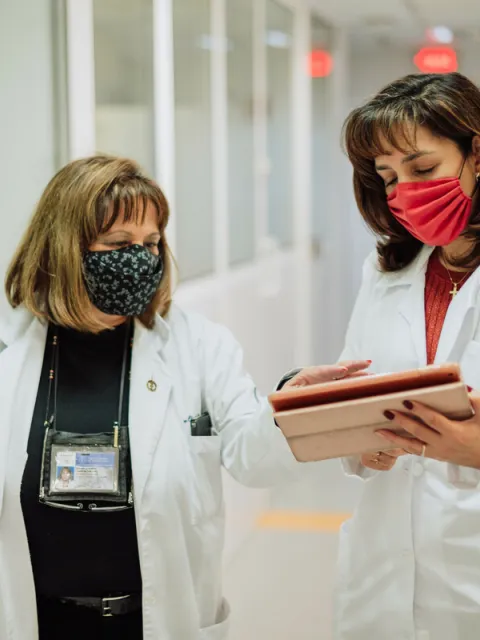
TNM (“Tumour”, “Nodes”, “Metastases”) cancer staging system is a globally recognised standard and unified system for classifying the extent of spread of cancer.
UICC and the TNM Classification of Malignant...
Last update
Friday 10 October 2025